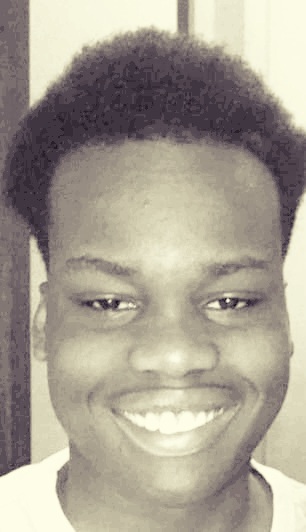Victim of Easter Monday shooting in west London named by police
A 21-year-old man who was shot dead in west London has been named by police.
Janayo Lucima died on Easter Monday after he was shot at an address in Comeragh Road, West Kensington shortly before 10.20pm.
He was treated by paramedics but pronounced dead at the scene just over half an hour later.
Police said the area would have been busy at the time and have appealed for witnesses to come forward.
Detective Chief Inspector Brian Howie, who is leading the investigation, said: “This horrific incident took place at a busy time of the evening when many people in the area would have been going out, coming home from work or an evening out, or may have been driving through Comeragh Road, Barton Road or Palliser Road.
“I am keen to hear from these people.
“Detectives remain in the area and I urge anyone with information to speak to officers directly or contact us online or via 101. If you can help please reach out to us.
“Were you in the area between 9.40pm and 10.30pm? Did you see a group of males on foot or on the bikes? Did you hear any shouting or witness any type of altercation or something that appeared suspicious? Do you have dashcam footage of anything that could assist our investigation?
“If you can help our investigation or have concerns please do approach officers as they patrol the area. Alternatively, please contact your neighbourhood policing team.”
Information can be shared with the investigation team via an online portal at https://mipp.police.uk/operation/01MPS24W31-PO1
Witnesses can contact police by calling 101 or post on X @MetCC quoting CAD 6709/01Apr, or to remain anonymous contact Crimestoppers on 0800 555 111 or online.



